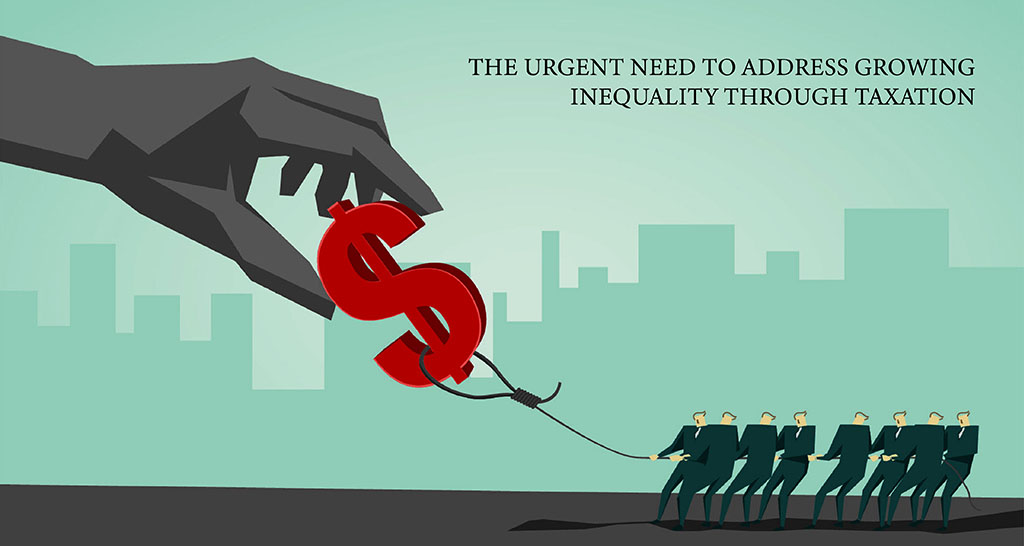In recent years, the dream of owning a home and living a comfortable life, once a reachable goal for those earning a decent wage in Australia, has increasingly slipped away. The transformation is stark and speaks volumes about the evolving dynamics of wealth distribution within the country and, by extension, around the globe.
Historically, economic growth in Australia from the 1950s to the 1980s was a tide that lifted all boats, benefiting people across the wealth spectrum. However, a significant shift has occurred in the last decade, with 93% of economic growth accruing to just the top 10% of income earners. This dramatic change highlights the growing chasm between the majority, who rely on stagnating wages, and the wealthiest 10%, whose fortunes swell through investments in property and stocks of highly profitable corporations.
This discrepancy is not merely a matter of market forces at play but a reflection of deeply ingrained inequities within our tax system. The capital gains tax discount, for instance, allows income from investments to be taxed at half the rate of income from wages, a policy that disproportionately benefits the wealthy. Such tax concessions underscore a troubling question: why are wealthy investors afforded ‘tax discounts’ while ordinary workers are not?
The disparity in wealth is even more pronounced when considering that the top 20% of Australia’s wealthiest have 230 times more wealth than the bottom 20%. This reality places homeownership well beyond the reach of many younger Australians, further exacerbating the inequality divide.
Australia’s situation is a microcosm of a global issue. Inequality is surging worldwide, with the top 1%’s wealth growing exponentially even as progress in eradicating extreme poverty has stalled. The system, it seems, is rigged in favor of billionaires and large corporations that exploit their power and influence to avoid taxes and receive substantial government subsidies, despite their considerable profits.
At the heart of this issue is the realization that our current economic models and policies have not only failed us but have actively contributed to the concentration of wealth and power in the hands of a few, to the detriment of billions. The choice to prioritize financial growth over the well-being of people has proven to be a flawed strategy, as it does not address poverty.
The fight against inequality is not merely a battle of economic policies; it’s a moral imperative to create a more equitable world. By reevaluating our priorities and redirecting funds from the ultra-rich and corporate subsidies, we can significantly enhance aid and essential services that have the power to lift people out of extreme poverty. If you want to join the fight for equality, you could donate to charity.








